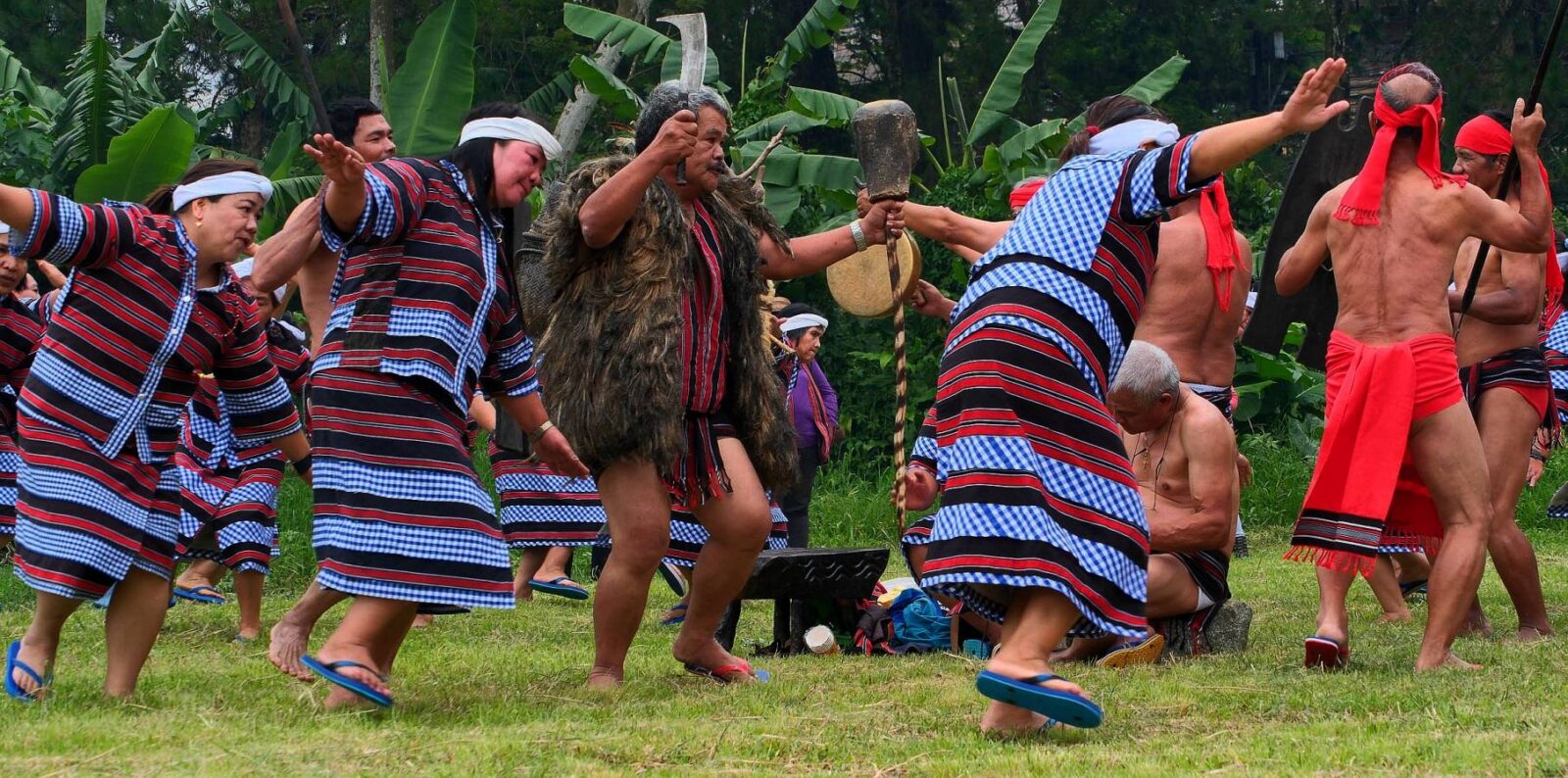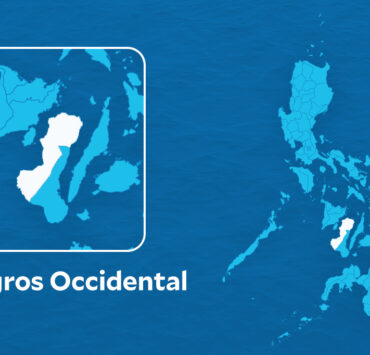Baguio council to form group to rewrite city charter

BAGUIO CITY—The new set of city councilors has began deliberating the formation of a “city charter revision working group” that would consult residents and draft a modern version of the city’s 1909 Charter—in part to address the widely unpopular 2022 revision, which became law despite numerous errors that have had legal consequences for the summer capital.
The proposed technical working group would be composed of city officials, scholars and civic leaders, and may be given a one-year self-imposed deadline to complete the draft charter, said Councilor Jose Molintas, an Ibaloy lawyer, who sponsored the resolution during the session on Monday.
The charter writing group would work closely with newly elected Baguio Rep. Mauricio Domogan, who has identified the modernization of the city’s charter as one of his legislative priorities.
The draft resolution would assert that the 1909 charter has become “outdated and insufficient in addressing the evolving needs of the city” and that a rewritten version should “incorporate remedies for numerous land issues and fully protect the rights of Indigenous Peoples.”
Ibaloy activist Joanna Cariño told the Inquirer on Tuesday that Baguio’s Ibaloy and other Indigenous clans “would be actively involved in rewriting the city charter, specifically on the chapters regarding ancestral lands.”
To allow the working group greater flexibility, the draft resolution would not specify which provisions of the 1909 charter (Act No. 1963) should be amended. The original charter was enacted after the American colonial government developed and opened Baguio as a mountain resort city.
Flagged
However, the previous city council had already flagged the charter’s potential to address problematic laws.
For instance, it could be used to repeal Section 78 of the 1997 Indigenous Peoples Rights Act (Republic Act No. 8371), which excludes Baguio from the law’s coverage—a provision that has long affected the rights of Baguio’s Ibaloy community, according to both the council and the National Commission on Indigenous Peoples (NCIP) in a joint session in January.
Three Supreme Court rulings have invoked Section 78 in nullifying ancestral land titles issued in the city since 2010.
Cariño said the Ibaloy community wants the new charter to include historical context and provide Baguio with “the primary role in resolving ancestral land claims instead of abdicating [that task] to the NCIP.”
The resolution also contended the 1909 charter was superseded by Republic Act No. 7160, or the Local Government Code of 1991. It further stated that the 1909 charter was “subsequently revised by the Local Government Code,” while making no reference to Republic Act No. 11689—the 2022 Revised Charter of Baguio City.
Segregation
The previous council (2019–2022) made a last-minute effort to block the passage of RA 11689, which was sponsored by then Rep. Mark Go.
Councilors objected to a provision that segregated Camp John Hay from the Baguio townsite, as well as the lack of proper consultations and a public referendum.
Nine councilors appealed to Malacañang to veto the new charter during the final weeks of then President Rodrigo Duterte’s term, but he took no action and the measure lapsed into law.
The succeeding council (2022–2025) pushed for amendments to correct serious defects in RA 11689, which they said negatively affected Baguio’s political status.
One such defect was a clause that mistakenly required Baguio—a highly urbanized and independent city—to secure the approval of the Benguet Provincial Board for its policies and ordinances. This error downgraded Baguio into a component city of Benguet by accident. Congress passed House Bill No. 7406 earlier this year to correct the mistake, but it was vetoed in April by President Marcos.
Domogan, a former Baguio mayor and congressman, helped draft earlier charter amendments aimed at resolving townsite issues. However, those efforts were vetoed in 2013 by the late President Benigno Aquino III.
Councilor Peter Fianza, another prominent Ibaloy lawyer, said the new charter must reflect Baguio’s unique character, including its entitlement to all revenues from townsite land sales—a provision found in the 1909 charter but absent in RA 11689.

















Lessons from Gbagbo’s failed ICC prosecution